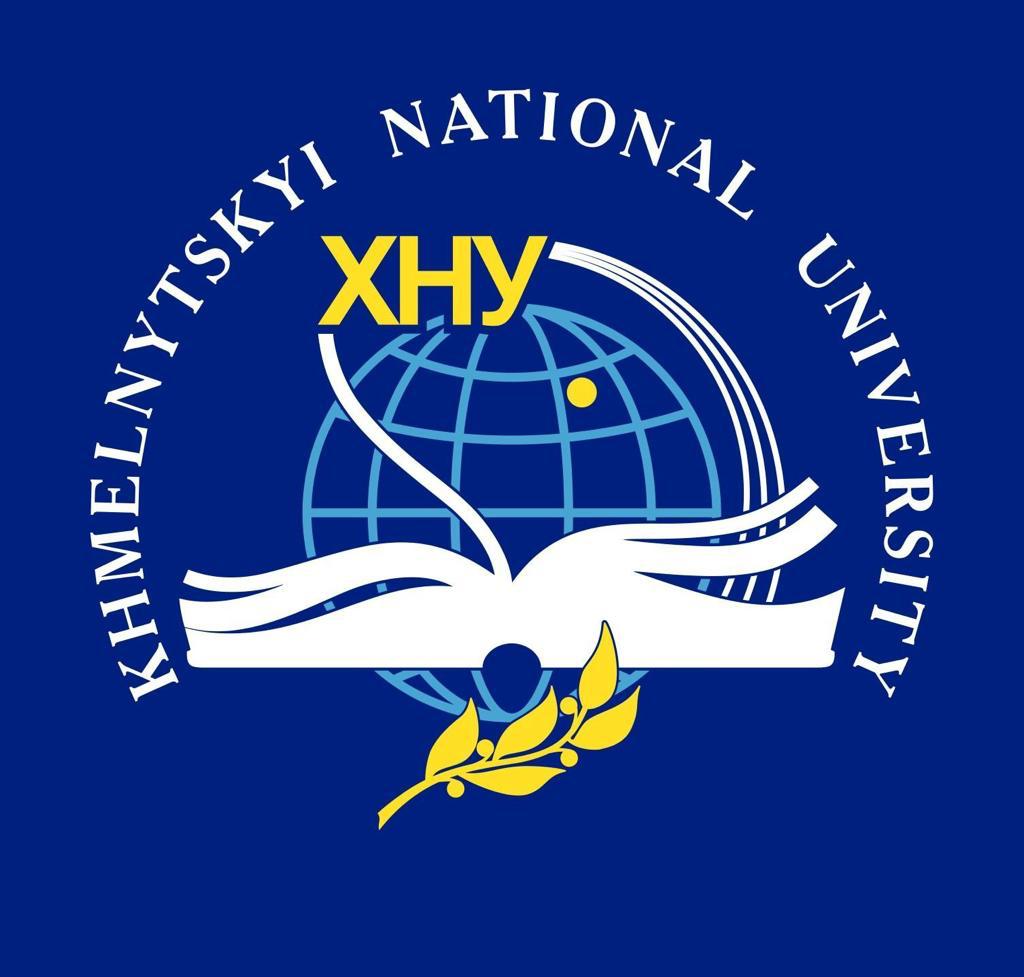ПОДОЛАННЯ НЕГАТИВНИХ НАСЛІДКІВ СТРЕСУ СТУДЕНТІВ В УМОВАХ ВОЄННОГО СТАНУ ЗАСОБАМИ ФІЗИЧНОЇ КУЛЬТУРИ
DOI:
https://doi.org/10.31891/pcs.2024.1.29Ключові слова:
стрес, студент вищого навчального закладу, воєнний стан, обмеження, ментальне здоров’я, фізична активністьАнотація
У статті охарактеризовано особливості негативних наслідків стресу в умовах воєнного стану в Україні. Розглянуто основні наслідки негативного впливу стресу на ментальне та фізичне здоров’я студенів.
Теоретичний аналіз наукових досліджень свідчить, що проблема подолання негативних наслідків стресу не достатньо досліджена в педагогічній теорії, а тому не знайшла належного відображення в практичній діяльності навчальних закладів.
Стрес є невід’ємною частиною життя будь-якого прошарку суспільства, представників будь-яких професій, усіх вікових груп. Реалії воєнного конфлікту на території України накладають обмеження щодо організації освітнього процесу, є викликом забезпечення навчання з використанням не тільки оздоровчих та тренувальних засобів, а й інформаційних для використання під час самостійних занять фізичними вправами для подолання негативних наслідків стресу, покращення стану нервової, дихальної, серцево-судинної системи.
Матеріали дослідження можуть бути використані у освітньому процесі закладів освіти при викладанні фізичної культури. На викладачів фізичної культури покладається підбір методів та засобів, що можуть використовуватися під час навчання, занять онлайн та самостійного виконання студентами.
Посилання
Aimedov K. V. Vplyv psykhichnoho stanu liudyny na reaktyvnist imunnoi systemy. Visnyk morskoi medytsyny. 2013. № 3. P. 13-17.
Alieksieienko A. O. Orhanizatsiia fizychnoi pidhotovky v OVS Ukrainy: psykholohichnyi aspekt. Problemy fizychnoho vykhovannia i sportu. 2010. № 6. P. 3-6.
Halizdra A.A. Kharakterystyka faktoriv, shcho vplyvaiut na zdorovia studentiv vyshchykh navchalnykh zakladiv. Teoriia i metodyka fizychnoho vykhovannia. 2004. № 3. P. 41-43.
Himnastyka v systemi pidhotovky spetsialistiv fizychnoi reabilitatsii. Tovt V.A., Dulo O.A., Mykhailovych S.O., Tovt - Korshynska M.I. Uzhhorod, 2009. 184 p.
Zhára H. I. Tekhnolohii indyvidualnoho zdoroviazberezhennia i profilaktyka profesiinoho vyhoriannia vchytelia: Navchalnyi posibnyk dlia studentiv pedahohichnykh ZVO. Chernihiv: Desna Polihraf, 2017. 136 p.
Levkiv V.I. Shliakhy optymizatsii fizychnoho vykhovannia v osvitnikh zakladakh / V.I. Levkiv. Aktualni problemy orhanizatsii fizychnoho vykhovannia studentskoi ta uchnivskoi molodi. Lviv, 2001. P. 56-58.
Pyvovarov A. A., Tsybrovskyi A. I. Problemy zaniat iz fizychnoi kultury pid chas karantynu ta viiny. International scientific innovations in human life: Proceedings of XIII International Scientific and Practical Conference. Manchester, 6-8 July 2022. Manchester, 2022. P. 274-278.
Stadnykov H. Do pytannia poshuku alternatyvnykh shliakhiv udoskonalennia fizychnoho vykhovannia studentskoi molodi. U kn.: Moloda sportyvna nauka Ukrainy. Lviv, 2005. Vyp. 9, t. 3. P. 82-85.
Fedorova Ya.V. Stres ta yoho rol v navchalnii diialnosti studenta. Problemy suchasnoi pedahohichnoi osvity. Pedahohika i psykholohiia. 2013. Vyp. 39(4). P. 290-294.
Shebanova V. I. Tilesno-oriientovani tekhniky ta pryiomy podolannia kryzovykh staniv. Psykholohichni resursy v umovakh zhyttievoi ta suspilnoi kryzy: sotsialnyi ta osobystisnyi vymiry: kolekt. monohr. / za nauk. red. O. Ye . Blynova, vidpov. red. V. F. Kazibekova. Kherson, 2021. P. 253-278.





